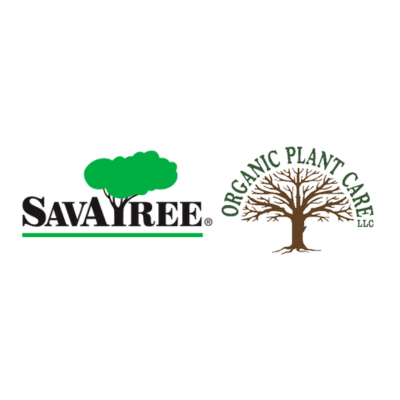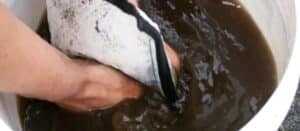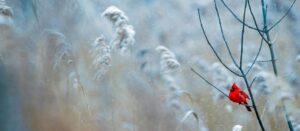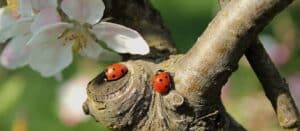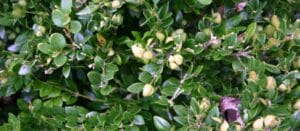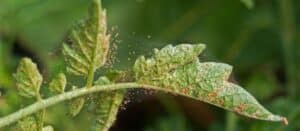“Save the bees!” is a phrase you may have heard more lately, and there is a good reason for it. Bees, including honeybees, are vital for the existence of plants, food, and human health.
From the that provides health benefits to the pollinating work that bees provide, honeybees are essential.
In this article, we’ll discuss some of the benefits of honeybees in your organic landscape.
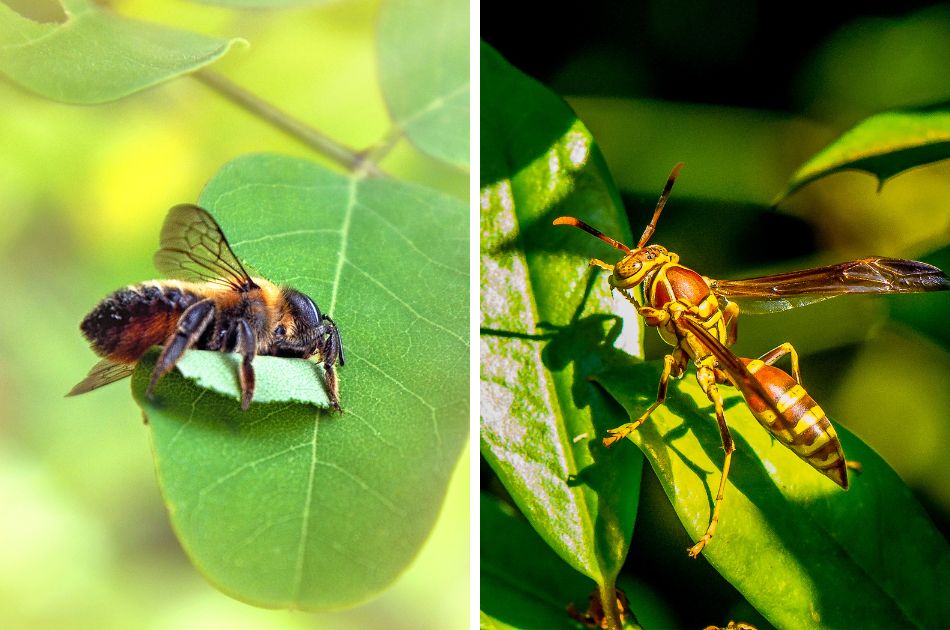
On the left is a leafcutter bee. On the right, a paper wasp.
Bees are Not Wasps
Many of the negative associations that people have about bees are actually about wasps. While both bees and wasps have beneficial qualities, wasps can be more aggressive and are more likely to sting.
Bees are pollinators that spend their days searching for pollen or nectar, but wasps hunt insects and are attracted to your food (which is why they disturb so many picnics!).
Wasps can sting for any reason, but bees are more tolerant and will only sting if they feel threatened.
Types of bees include honeybees, bumblebees, and leafcutter bees. Wasps include hornets, yellow jackets, and other types of wasps.
The easiest way to tell bees and wasps apart is that bees have a rounder shape and tend to look “fuzzy,” while wasps have an hourglass shape and have a shiny rather than hairy appearance. Bees are often solitary, while wasps travel in swarms. (Honeybees are an exception to this, as you may see them in swarms from May to June when half of a honeybee colony seeks out a new home).
Bees and Wasps in New Jersey and Pennsylvania
Wasps commonly seen in our area include:
- Bald-faced hornets
- Cicada killer wasps
- Paper wasps (pictured)
- Eastern yellow jackets
- Scoliid wasps
Though they can be more aggressive and cause issues for property owners, wasps can be beneficial, too. They can control insect pest populations, and some also work as pollinators.
Learn more about beneficial wasps >>
There are over 437 species of bees that pollinate plants in Pennsylvania and New Jersey. Bees commonly seen in our area include:
- Honeybee
- Bumblebees
- Carpenter bees
- Long-horned bees
- Cuckoo bees
- Leafcutter bees (pictured)
- Mason bees
- Resin bees
- Wool carder bees
How to Recognize Honeybees
Honeybees are any bees in the genus Apis. The western honeybee (Apis mellifera) is the most common type found in the United States. Honeybees are not native to North America but were brought from Europe in the 17th century.
To recognize a honeybee, look for:
- 6 abdominal sections on females or 7 on males
- A flattened section on the hind legs
- Hairy, large eyes. On males, the eyes meet on top of their heads.
- Unlike other bees, honeybees do not have spikes on their hind legs
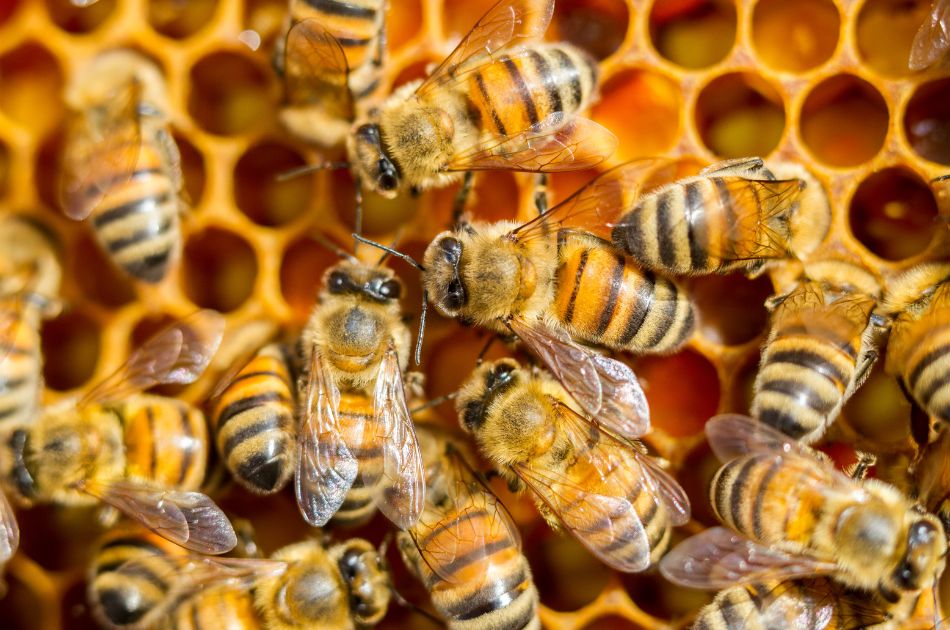
Benefits of Honeybees
Now that you know the difference between bees and wasps, we will go over some benefits of bees, specifically honeybees.
Honeybees Pollenate Our Food
Honeybees pollinate around a third of all food eaten by Americans! Pollination occurs when pollen is carried from one flower to another, usually on the hairs of bees’ bodies.
Honeybees pollinate during colder months as well, including when other bees aren’t active.
Honeybees are not native to the U.S., but neither are many of our fruit trees. If you have fruit trees on your property, pollinators such as honeybees are important for the production of fruit.
In a worldwide sense, many of the products we use or ingest daily rely on pollination, including coffee, tomatoes, apples, and nuts.
Honeybees Create Products
Honey is a commonly used product used not only as a food source or sweetener but also in many household products. Honey has many health benefits and is often used to help manage different health conditions.
Beeswax is another product often used in daily life. It may be used in waterproofing, skincare products, and more.
Other bee products include bee pollen, royal jelly, bee bread, and propolis (a resin).
There are even interesting studies on the use of honeybee venom to prevent or cure diseases, including cancer.
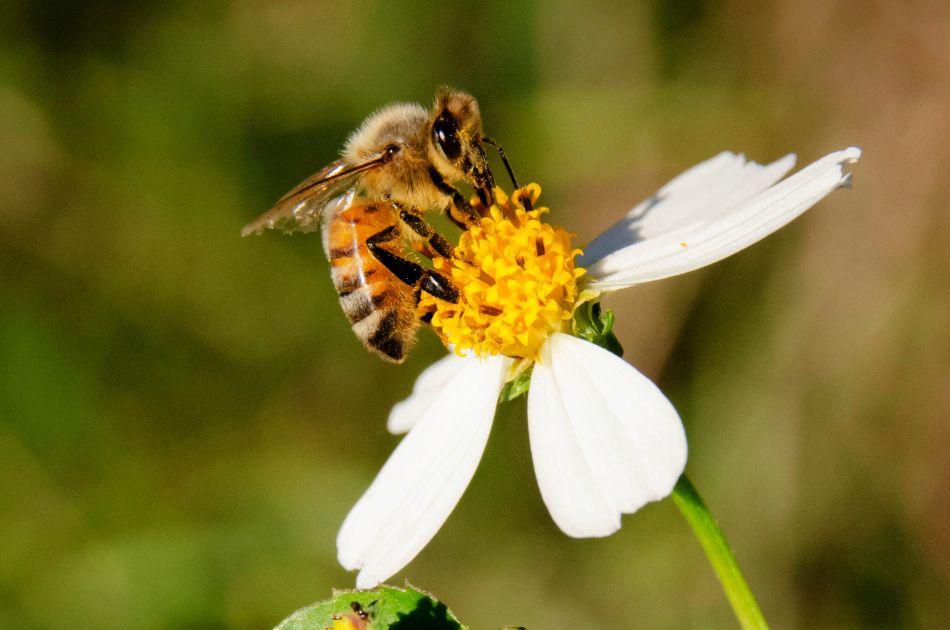
Problems Facing Bees
Bees at large, and honeybees in particular, are facing several issues that may be causing their decline.
All pollinators, including bees, are under threat. Pollution has been shown to harm or kill honeybee populations. Pesticides, probably the greatest threat, kill pollinators such as bees along with the pest the pesticide was targeting.
Weather changes are impacting the lifecycles of bees, leading to dwindling colonies of honeybees.
Predators, diseases, pests, and an issue called Colony Collapse Disorder can harm or kill honeybee colonies.
Pollinators need pollen and nectar to survive. As plants and trees are removed, honeybees and other pollinators lose more food sources. Pollinators rely on flowering plants for pollen and nectar throughout the year, but different plants flower at different times. This is fine if there is a large diversity of flowering plants and trees, but if there is a lack of diversity, there is a lack of food sources for parts of the year.
And finally, the constant construction and removal of native plants have led to habitat loss.
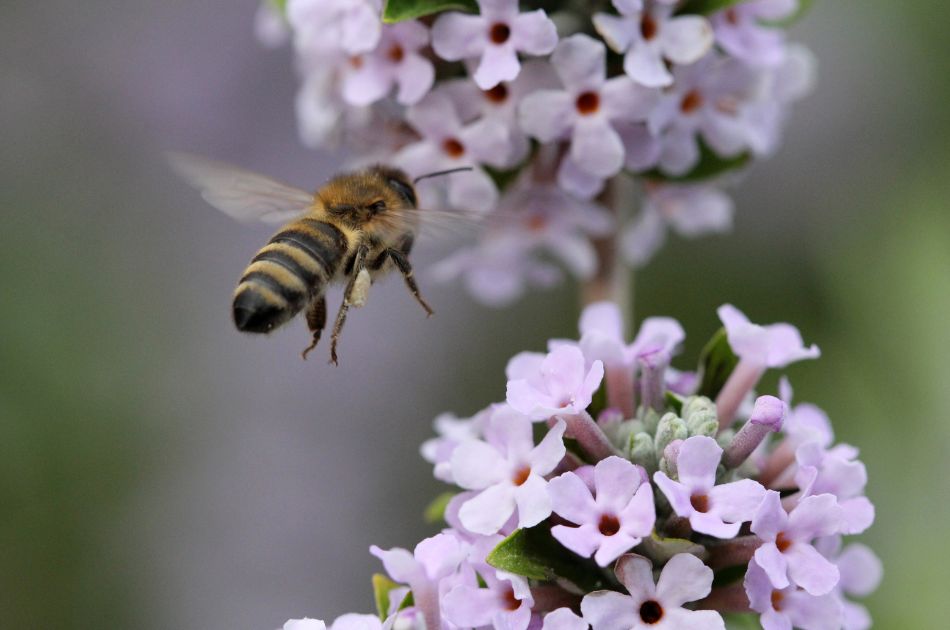
How to Protect Bees
Now that you know some of the difficulties facing honeybee colonies, how can you help “save the bees”?
Plant Flowers and Flowering Plants
Adding a diverse array of mostly native plants and trees to your property can help honeybee populations as they search for pollen and nectar throughout the year. Try to choose plants that benefit honeybees and that flower at different times of the year.
Not only will this help the bees, but it means that you will always have a point of interest in your yard each month!
Food sources for honey bees >>
Reduce the Use of Pesticides
Here at Organic Plant Care, we try to use organic treatments whenever possible. Pesticides can not only harm honeybees but other wildlife. Try to reduce or eliminate pesticide use on your property whenever possible.
Learn more about Organic Lawn Care >>
Learn more about our treatment options for pests and diseases>>
Beekeepers May Be Able to Vaccinate Their Honeybee Hives
One interesting scientific advance in trying to help honeybees is the creation of a honeybee vaccine. The vaccine is used to inoculate a honeybee colony against American foulbrood disease, one of the diseases that may be responsible, at least in part, for the decline of honeybees.
Read more about the Honeybee Vaccine from BBC News >>
Replace any Removed Trees or Plants
Honeybees suffer when a food source, such as a tree or plant, is removed. If you have recently removed many plants, trees, wildflowers, or other pollen or nectar sources from your property, consider planting some bee-friendly replacements.
More on How to help bees from Rutgers >>
Note: While honeybees are beneficial, they are an introduced species. You should also keep native bees in mind when planning what to plant on your property.
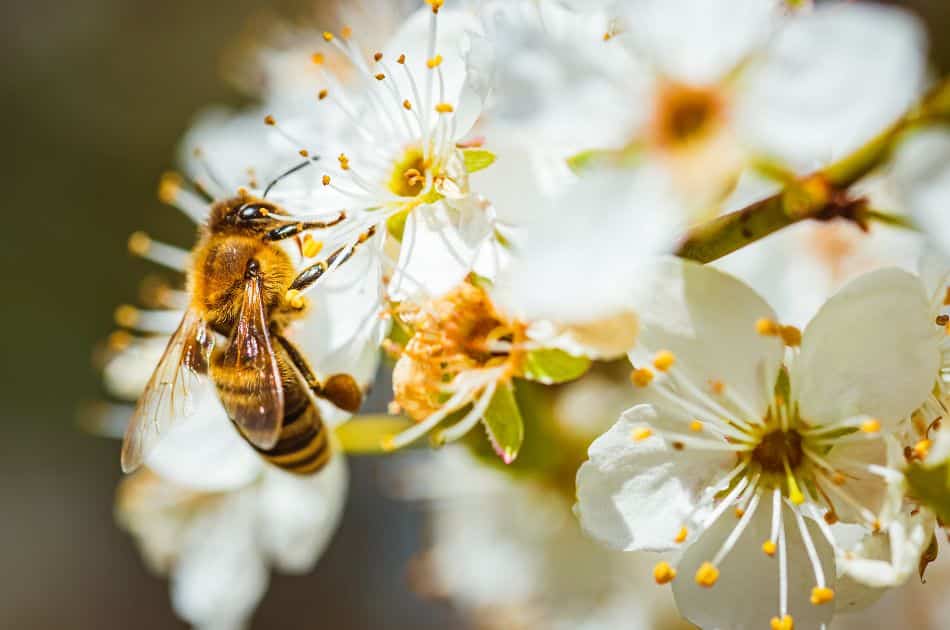
Organic Plant Care Can Help
Want to make your New Jersey or Pennsylvania property more bee-friendly? We can help! We have programs for organic lawn care so that you can reduce the use of pesticides on your lawn. We also offer plant health care programs that use treatments that target the pest or issue without harming the rest of your property. Finally, if you have fruit trees or flowering ornamental trees, we can help you care for them so that their blossoms will provide pollen and nectar for honeybees and other pollinators.
GET THE LATEST NEWS
Subscribe to the Organic Plant Care Newsletter and get timely and helpful tips and updates monthly.
There's no spam - we promise!
